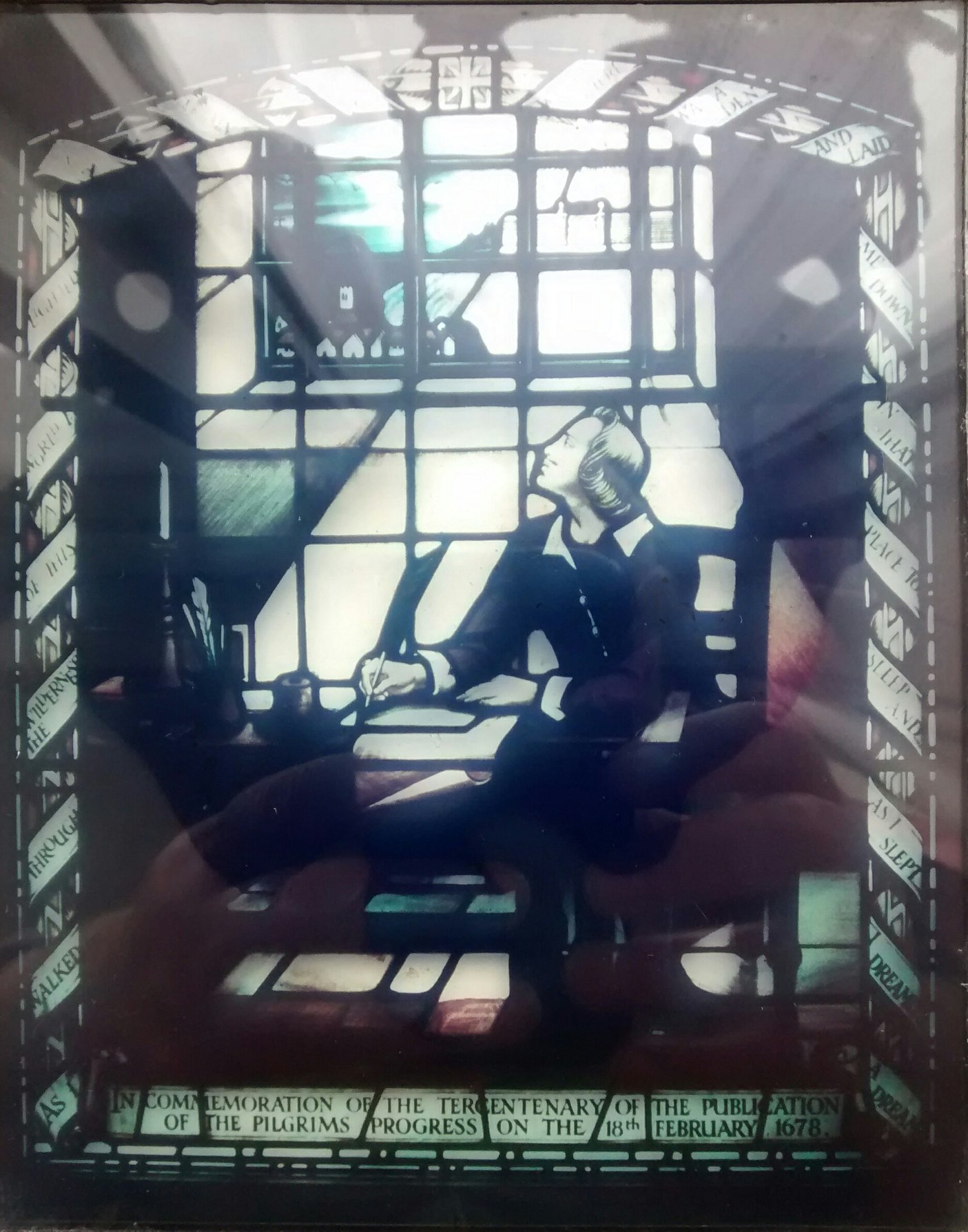It’s a few days now since the election and a lot of us are still trying to process the results.
I went down the Labour Club on the night, as I often do. I was sat next to one of the tellers who had manned the polling station at St. Andrew’s Church on Grimshill Road. He said he’d never seen an election like it. People were lined up down the street, waiting to vote.
“It was like South Africa,” he said.
How were we to know that the majority of people queuing up in their eagerness to put their cross on the ballot paper were planning to vote Tory?
One of things I’ve been doing in the last few days is fielding the bitterness of Labour Party supporters blaming the SNP for their loss.
This is what one of my friends wrote on his status update on Facebook:
“Let all who voted Tory and Scot Nats… May you all rot in hell.”
Never mind the slight grammatical clumsiness: it’s an extraordinary statement. The people of Scotland voted against the Tories. It was England that turned overwhelmingly blue.
The fact that the vast majority of the Scottish people rejected the Labour Party as well as the Tory Party should have given them some pause to reflect. Why have ex-Labour voters deserted the party in droves? Why has the membership of the SNP surged in the last few months (as has membership of the Green Party)? What is it that these parties are doing right that the Labour Party is doing wrong?
People who belong to political parties have long memories when it comes to the crimes of others, and very short memories when it comes to their own serial misdemeanours.
So Labour Party supporters are keen to tell you of a time, many years ago, when the SNP voted with the Tories. They are less keen to remember the time when the Labour Party welcomed a Tory into its midst and made him our Prime Minister.
Political parties make even honest men liars…

One of the things that I’ve noticed over the years is that political parties are essentially machines for getting themselves re-elected. And almost invariably, when it comes to the crunch, they will ditch all principles, all values, and all beliefs in order to get into office.
They will always tell you that you need power in order to put principles into action. That is true. But you need principles for that power to mean anything at all.
What’s the point of the Labour Party if it is only going to institute Tory policies?
The Labour Party manifesto was pro-austerity. Yes, it was a less onerous form of austerity than the Tories were promising, but it was austerity nonetheless. Given the choice between austerity-lite and austerity-ugly, the British people chose the latter.
They had bought into the oft repeated lie that austerity is necessary to bring down the deficit, and that public spending is the problem. Thus the Tory Party’s promise to tighten the belts of welfare recipients and immigrants was appealing to them. It’s a classic form of scapegoating. And the Labour Party’s promise to spend a little bit more, and to stretch out the austerity programme for a few more years, just didn’t cut the mustard.
Never mind that Paul Krugman, the Nobel Prize winning economist, amongst others, has pointed out that deficits in times of recession are a GOOD thing.
The only way to get out of a recession is to spend.
The National economy is not like an individual’s earnings, and Britain isn’t like Greece.
The Tory Party and the national media perpetrated a lie, and the Labour Party went along with it.
The tribalism of party politics

Another thing I’ve noticed in my years observing the Labour Party is that Labour activists only really come into their own when they are in opposition. They are a fine bunch of people, and I love them. Fierce, uncompromising, empathic, with a deep, abiding hatred of injustice, nevertheless they go very quiet when the Labour Party is in power. They don’t want to rock the boat.
The Labour Party is basically a vessel for containing protest. Labour supporters spend most of their lives waiting for the next Labour government to arrive, and when that government fails to deliver, all they are left with is excuses.
The problem lies in the nature of political parties themselves. Your loyalty is to the Party, not to the politics it represents. It’s a kind of tribalism, not unlike the tribalism of football teams. I was born a Villa supporter and I will stay one till I die.
The difference between football teams and political parties is that football doesn’t really impact on the lives of people outside the footballing world, whereas politics effects us all.
The Aston Villa team in 1945 were a different set of lads than the ones playing today, but they were still playing the same game.
The Labour Party team of 2015, on the other hand, are playing a different game altogether than the people who shared their name and their colours back in 1945.
There’s nothing even remotely similar between Clement Atlee and Ed Miliband. Clement Atlee was a modest, unassuming, even a boring man, but he stood for something.
The Labour Party of 1945 took over in a time of crisis. It inherited a massive debt from the war. The country’s infrastructure was in ruins, and tens of thousands of soldiers were returning to civilian life and in need of jobs.
Did it impose austerity?
No. It spent. It increased the deficit. It nationalised the rail industry, the coal industry, the steel industry. It built homes. It created the National Health Service. It promised a better life, and it was true to its promises. We had more than 30 years of growth and prosperity.
Now look at the Labour Party. What pygmies they are in comparison.
There’s no vision left. All they have to promise is that they aren’t quite as bad as the Tories.
And when we don’t vote for them, they blame the SNP.

Except that in England, Labour both slightly increased its share of the vote, and also gained 14 seats. It’s just that the Tories gained even more seats in England, mostly off the Lib Dems rather than Labour.
Labour lost all its seats in Scotland, but though the SNP are anti-austerity they are also nationalist, so Scotland voted ‘Scottish’ as well as anti-austerity. But in England my guess is that most former Labour voters still voted Labour. It was the former Lib Dem voters in seats such as in the south west that have voted Lib Dem (not Labour) for years that voted Tory this time. The mathematical combination of Labour’s losses in Scotland, and the Lib Dem massacre of 49 seats lost, mostly in England, has resulted in a slim Tory majority. Labour lost far more seats in 2010 (91) than in 2015 (26 across the UK as a whole).
So as lots of previous Lib Dem voters voted Tory this time, they are unlikely to vote next time for a Labour that is perceived as left, unless there is a sea change in general political attitudes. So that, and the fact that Scotland looks lost to Labour for the foreseeable future, supports Labour claiming the centre ground to have a chance of winning the next general election.
I think Attlee was great, but he came to power in a very different time, when the war had brought the country together with a greater sense of communality than any time since. For over 30 years the UK electorate has rejected left Labour, and only voted Labour in when it went for the centre under Blair. Unless there is a sea change in the nation’s political attitude, only going for the centre ground will get Labour in next time.
Discuss.
LikeLike
“Why have ex-Labour voters deserted the party in droves?” In a nutshell, I don’t think they did, see my above comment.
LikeLike
Excellent, Chris! Says it all – so well. J x
LikeLike
I agree with all you say here. I wish you had not used the racist term, ‘pygmies’ to describe the utter failures of todays Labour Party.
I hope your Labour Party readers reflect on their behaviour.
LikeLike
EXCELLENT CHRIS-SAYS IT ALL
kas
LikeLike
The problem is that to date, austerity cuts have been favoured by those least affected by them. In the next five years, the majority of those secret/silent/overt Conservative voters will find themselves affected by them – and more, and then expect sympathy from the rest of us.
I fear for my future, the future of my family, and the future of our country. I dread to think what kind of place it shall be in 2020. The stuff of nightmares doesn’t even begin to explain it.
LikeLike
Brilliant article.
LikeLike
Thanks for this blog, I have been a Labour Party supporter/member for most of my life ( apparently I met clement Attlee when I was 2) by for the first time in my life I voted green because they were the only party ( in England ) that was anti austerity. Is there any hope for the Labour Party or are they forever Tory lite?
LikeLike
I have been a Labour Party supporter/member for most of my life (I met Clement Attlee when I was 2, apparently) but I with a heavy heart I voted green this time as they were the only anti austerity party in England. I worry that even if labour moved to the left the British public have no appetite for socialism and are more right wing than I am. As bad as tony Blair was he is preferable to the present lot.
I am quite disheartened and if I didn’t have grandchildren living in Sussex I would definitely consider moving to Scotland.
Is their any reason for hope do you think?
LikeLike
Can’t fault the analysis – its the next step that taxes me; I suspect it has something to do with spending a lot more time just listening. On reflection I think the election may have changed the flavour of the Government but I wonder if it denotes a real change in the voters? I see no less charity (just look for instance at contributions to the Nepal appeal), no more evidence of enthusiasm for the hard right or their policies – you could in fact argue that the Tories benefited from Ukip who they were able to point to as the real ‘nasty party’. Fear was the overriding feature of the election and unfortunately Labour played this card too, in particular with the ‘Save the NHS’ campaign; even if the fear was and is real enough it failed to register with a surprisingly large number of the people I tried to talk with who so far as I could see dismissed it as politics camouflaged as campaigning. I don’t pretend to have an answer; I suspect it will take a while to sift through the ruins of last Thursday and see what remains. I feel especially sorry for my sons and their generation who had the hopes built up only to be dashed by a moment of national dementia.
I blame the Jeremy Clarkson corporation. Sadly he touched a chord with a lot of people and his sacking – while appropriate – probably did little to lower this.
LikeLike
So very true liked the bit about tribalism! So arrogant to blame voters !😊
Delia – Tusc candidate for Gorrell ward Whitstable .
LikeLike
[…] ← Political parties make even honest men liars […]
LikeLike